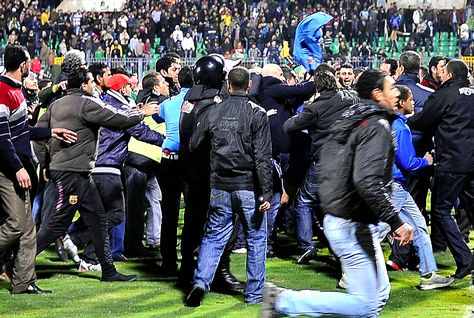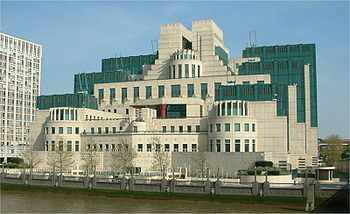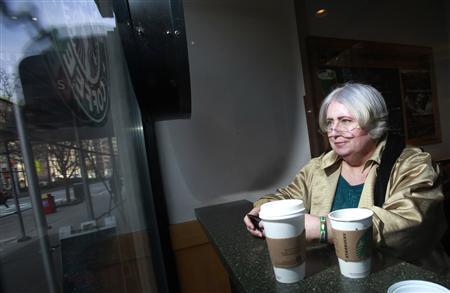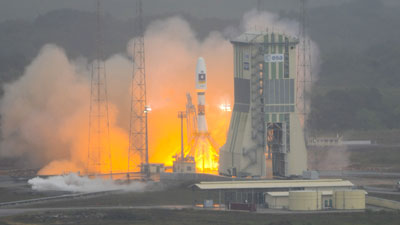 Egyptian security forces have been accused of standing by during a pitch invasion at a football match which left at least 74 people dead.
Egyptian security forces have been accused of standing by during a pitch invasion at a football match which left at least 74 people dead.
Fans rushed onto the field in the seaside city of Port Said after the home team beat Egypt’s top club, setting off clashes and a stampede.
The melee after the league match between Al-Masry and Al-Ahly is the worst case of football violence in the country and the deadliest worldwide since 1996.
Interior Minister Mohammed Ibrahim told state TV that 13,000 Al-Masry fans had stormed the field to attack around 1,200 Al-Ahly fans.
Witnesses said the Al-Masry supporters threw sticks and stones as they chased players and supporters of the rival team, who ran to the exits and up the stands to escape.
There were reports of gunshots inside the stadium and doctors said some of the victims had been stabbed to death.
One fan told TV station ONTV: “They came at us with machetes and knives. They threw some of us from the fourth floor.”
Another said: “Everyone was beating us. They were beating us from inside and outside, with fireworks, stones, metal bars and some had knives, I swear.”
Television footage showed Al-Ahly players rushing for their locker room as scuffles broke out. The manager of the losing team had to be rescued as he was beaten.
Goalkeeper Sharif Ikrami, who was injured in the clashes, said: “There were people dying in front of us. It’s over. We’ve all made a decision that we won’t play soccer any more. How will we play soccer after 70 people died? We can’t think about it.”
Another player, Mohammed Abu Trika, said: “People here are dying and no-one is doing a thing. It’s like a war. Is life this cheap?”
Al-Masry’s manager Kamal Abu Ali has resigned in protest. “This is not about soccer, this is bigger than that. This is a plot to topple the state,” he said.
The Interior Ministry said 74 people had been killed, including one police officer. Another 248 people were injured and more than 40 people have been arrested.
Black-clothed police officers are claimed to have stood by, appearing overwhelmed by the situation.
Khalil Fahmy, Sky News Arabia correspondent, said: “Many people were crying for help, for police or army intervention. They spent almost an hour without any army or police protection – this resulted in the bad injuries of hundreds of people. Most of the dead were killed by head injuries.”
A security official, speaking on condition of anonymity, said tear gas had been fired to disperse the crowds.
The ministry is said to have issued directives to its personnel not to “engage” with civilians after clashes between police and protesters in November left 40 people dead.
Troops were later deployed on the streets and were on patrol near hospitals and morgues.
The violence was a bloody reminder of the deterirorating security in the country as instability continues nearly a year after Hosni Mubarak was swept from power.
It does not appear to have been directly linked to the current political turmoil, but has raised fresh concerns about the ability of state police to manage crowds.
Egyptian Islamists have accused supporters of Mubarak of provoking the violence in order to show that emergency regulations giving security forces wide powers must be maintained.
Albadry Farghali, a member of parliament for Port Said, said: “The security forces did this or allowed it to happen. The men of Mubarak are still ruling. The head of the regime has fallen but all his men are still in their positions. Where is the security? Where is the government?”
There was also anger in Cairo, 200km (125 miles) away, after another football match was called off in mourning. Parts of the stadium were set alight.
Many gathered outside the Al-Ahly club in the capital, chanting slogans. Others gathered at the main train station to receive the injured arriving from Port Said.
“We die like them or we ensure their rights,” the crowds chanted, along with other phrases denouncing the military rulers.
Field Marshal Hussein Tantawi, the head of the military leadership that assumed power after Mubarak, insisted: “This will not bring Egypt down.
“These incidents happen anywhere in the world. We will not let those behind it go. This will not affect Egypt and its security.”
The violence has underscored the role of some football fans – known as ultras – in Egypt’s recent protest movement.
With their anti-police songs and rallies, they have become an expression of the hatred many feel towards security forces which were abused of much of the abuse during the Mubarak regime.
Activists have scheduled rallies for later on Thursday outside the headquarters of the Interior Ministry in Cairo to protest at the inability of the police to stop the bloodshed.
In Port Said, residents have already marched to denounce the violence which they claimed was a conspiracy by the military and police to cause chaos.
Three days of mourning have been declared by the military and the Egyptian parliament has convened an emergency session.
The country’s state prosecutor has also ordered an immediate investigation into the violence and the Egypt Football Association has indefinitely suspended league games.
It is the worst death toll at a football match since October 16 1996, when at least 78 people were killed in a stampede during a World Cup qualifier between Guatemala and Costa Rica.
FIFA President Sepp Blatter said: “This is a black day for football. Such a catastrophic situation is unimaginable and should not happen.”
The Confederation of African Football, which organises the African Cup, has ordered that a minute’s silence be held before all matches this weekend as a mark of respect.
Source : Orange News




































